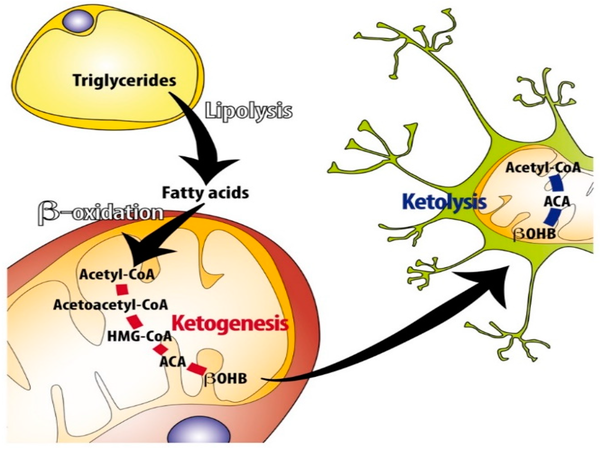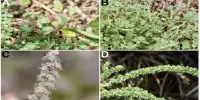Fatty acids and lipids, which are important and necessary components of all plant cells, not only provide structural integrity and energy for various metabolic processes, but they can also act as signal transduction mediators. Lipids and fatty acids can communicate both intracellularly and extracellularly. Furthermore, cyclic and acyclic byproducts of fatty acid metabolism can serve as important chemical signals.
A recent study adds a new dimension to the role of FA biosynthesis in plants by directly linking it to the plant defense mechanism. Are you surprised that the healthy salad you ate for lunch contains fatty acids? Fatty acids, lipids, and fats in our food may sound bad, but they are essential to human life and the plants we eat. Their interaction with certain proteins helps regulate plant growth.
Plant fatty acids (FAs) are structural constituents of cell membranes and are building blocks for certain hormones, among other things. Fatty acids are stabilized during synthesis by acyl carrier proteins (ACPs), which are found in all forms of life and support and lengthen the growing FA chains. A recent study by Zhenzhen Zhao (of The Ohio State University) and colleagues reveals a new dimension to the role of FA biosynthesis in plants by providing a direct link to the plant defense mechanism.
Our research provided a direct link between FA metabolism and plant immunity and unraveled the potential role of ACP1 in plant defense across economically important crops.
Ye Xia
Published in Molecular Plant-Microbe Interactions (MPMI), the study found that the Arabidopsis plants lacking the Acyl Carrier Protein 1 (ACP1) were more resistant to the bacterial pathogen, Pseudomonas syringae, indicating that FA metabolism plays a critical role in plant immunity. Corresponding author Ye Xia comments, “Our research provided a direct link between FA metabolism and plant immunity and unraveled the potential role of ACP1 in plant defense across economically important crops.”
The study found that ACP1 is required for hormone homeostasis, which affects a variety of plant stress responses. This effect on hormone signaling opens up a wide range of possibilities for ACP1 to influence other biotic and abiotic stresses, an area ripe for further investigation. Furthermore, because ACP1 plays a role in plant resistance that differs from that of its close family member, ACP4, this study emphasizes the importance of studying individual members of gene families that may have distinct functions.

Fatty acid metabolism consists of various metabolic processes involving or closely related to fatty acids, a family of molecules classified within the lipid macronutrient category. These processes can mainly be divided into (1) catabolic processes that generate energy and (2) anabolic processes where they serve as building blocks for other compounds.
Catabolism is the breakdown of fatty acids to produce energy, primarily in the form of adenosine triphosphate (ATP). When completely oxidized to CO2 and water via beta-oxidation and the citric acid cycle, fatty acids yield the most ATP per gram when compared to other macronutrient classes (carbohydrates and protein). Fatty acids (primarily in the form of triglycerides) are thus the primary fuel storage form in most animals, and to a lesser extent in plants.
ACP1 homologs are currently found in a number of economically significant crops. In the future, genetically engineering these important crops to modulate ACP1 expression could lead to the development of disease-resistant varieties that can withstand bacterial and other pathogen infections.













